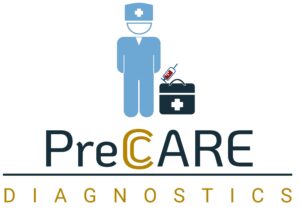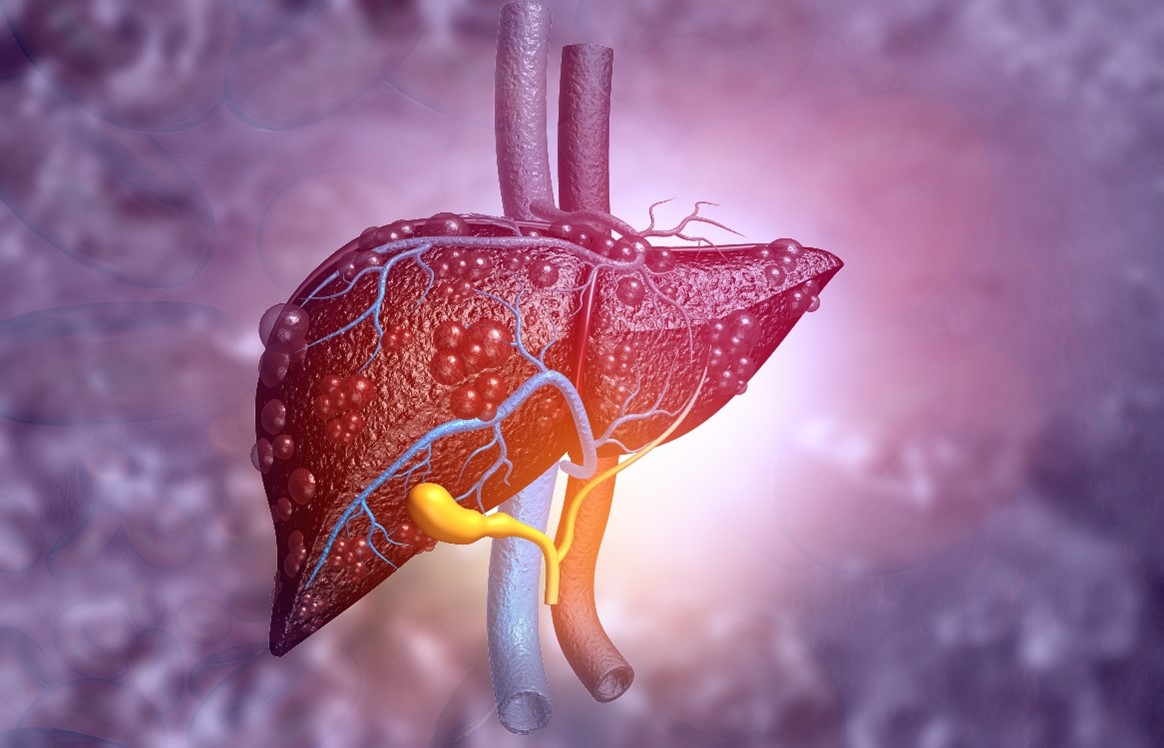Liver elastography is a simple, non-invasive method for assessing liver health by gauging its stiffness.
This examination aids in detecting conditions such as fibrosis and early stages of liver scarring.
If left untreated, fibrosis may advance to more serious issues, including cirrhosis, liver cancer, and liver failure
What is Liver Elastography?
Liver elastography assesses the stiffness of your liver using either sound waves or magnetic fields, eliminating the need for surgical procedures.
The primary types of liver elastography include:
- Ultrasound Elastography: It is done using a device known as a Fibro Scan, this method employs sound waves to gauge the stiffness of the liver.
- Magnetic Resonance Elastography (MRE): This technique merges magnetic resonance imaging (MRI) with ultrasound technology to produce detailed images and measure liver stiffness.
When Is This Test Recommended?
Doctors suggest liver elastography for several reasons:
- To diagnose liver diseases, which may circumvent the need for a more invasive liver biopsy.
- To evaluate the severity of any liver diseases present.
- To monitor the effectiveness of ongoing treatments and to help plan future treatment strategies.
What to Expect During the Test
Both ultrasound and MRI elastography procedures are quick and involve no discomfort.
- Ultrasound Elastography: You will lie on an exam table and expose your abdomen. The gel is applied to your skin and uses a device to send sound waves through your liver, taking about 5 to 30 minutes.
- MRI Elastography: You’ll lie on a table that slides into a large, tunnel-shaped machine. You may wear earplugs due to noise, and you’ll need to hold your breath briefly during the test, which takes about 5 to 45 minutes.
What the Results Mean
The test results will show how stiff your liver is. This is a clue about how much scar tissue is present, ranging from none to advanced scarring (cirrhosis). Depending on the results, your doctor might recommend further tests like a biopsy or blood tests to confirm the diagnosis and plan treatment.
Safety and Considerations
Liver elastography is safe, but not recommended in conditions like heart failure, significant overweight, or recent severe liver inflammation. Also, MRI elastography isn’t suitable if you have metal implants, or dental braces, or are pregnant.
“Schedule your liver elastography today to take a proactive step towards liver health!”


